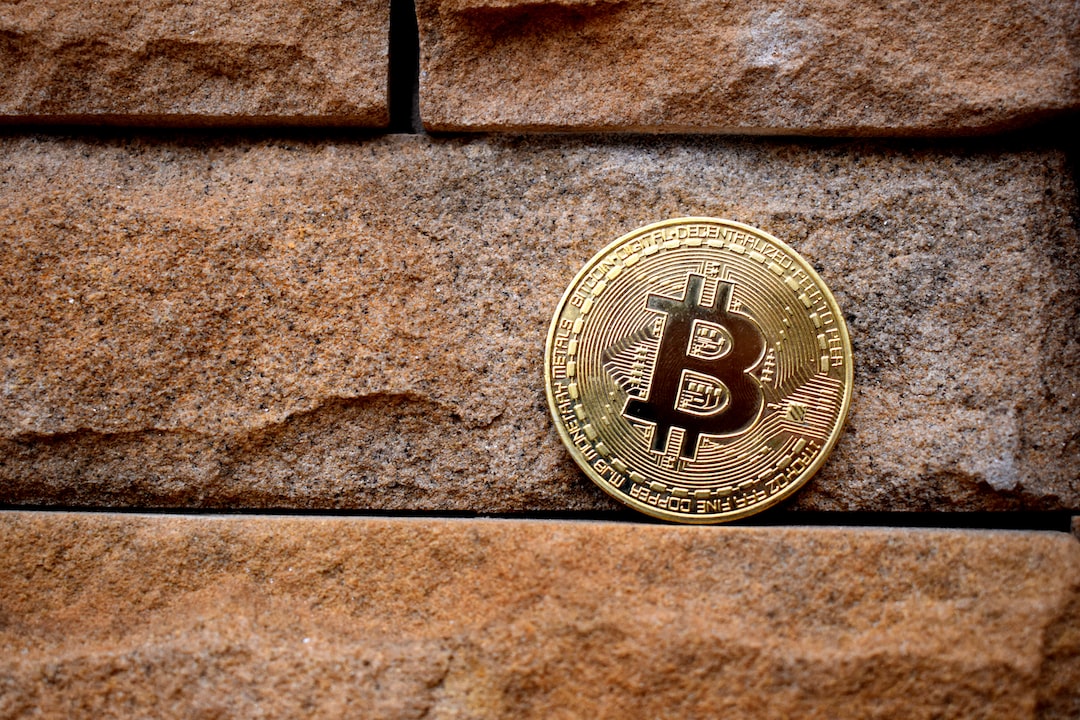Rampant Spending and Unsustainable Debt
The US continues to borrow at an unsustainable rate, with a debt that has surpassed $34 trillion. The interest alone is now more than $1 trillion, becoming the largest item on the Treasury balance sheet. This raises the question of how the US can be doubling down on spending without consequences.
CBDCs and Complete Control
Central bank digital currencies (CBDCs) would give central banks complete control over individual spending. This raises concerns about how central powers will convince the public to accept CBDCs.
World leaders and financial agencies claim that CBDCs would make transactions faster, secure, and efficient. However, this level of control also means the loss of privacy. The central bank would have full knowledge of individuals’ transactions and could determine the permissibility of each one.
Losing Privacy and Travel Restrictions
CBDCs tied to identity could lead to restrictions on international travel. Individuals would need to have all vaccines and boosters up to date for their digital wallet to be enabled for airline ticket purchases.
Federal Reserve’s Definition of Money
The Federal Reserve has added a new attribute to the definition of currency, stating that it is also a means of “social control.” This move aims to gain legitimacy for CBDCs.
Understanding the Importance and Taking Action
The world is at a crucial point in its financial history, with social controls being implemented into money. It is essential to wake up, educate oneself, and be aware of the available options. The creation of Bitcoin was a response to the financial crisis, and it is crucial to protect freedom in the face of increasing control.
Hot Take: The Role of Social Control in Money
The Federal Reserve’s addition of “social control” as an attribute of money highlights the increasing power and control of central banks. It is evident that CBDCs will have far-reaching implications for privacy and personal freedoms. As the world moves towards a digital future, it is essential for individuals to remain informed and proactive to protect their financial autonomy.





 By
By
 By
By
 By
By

 By
By